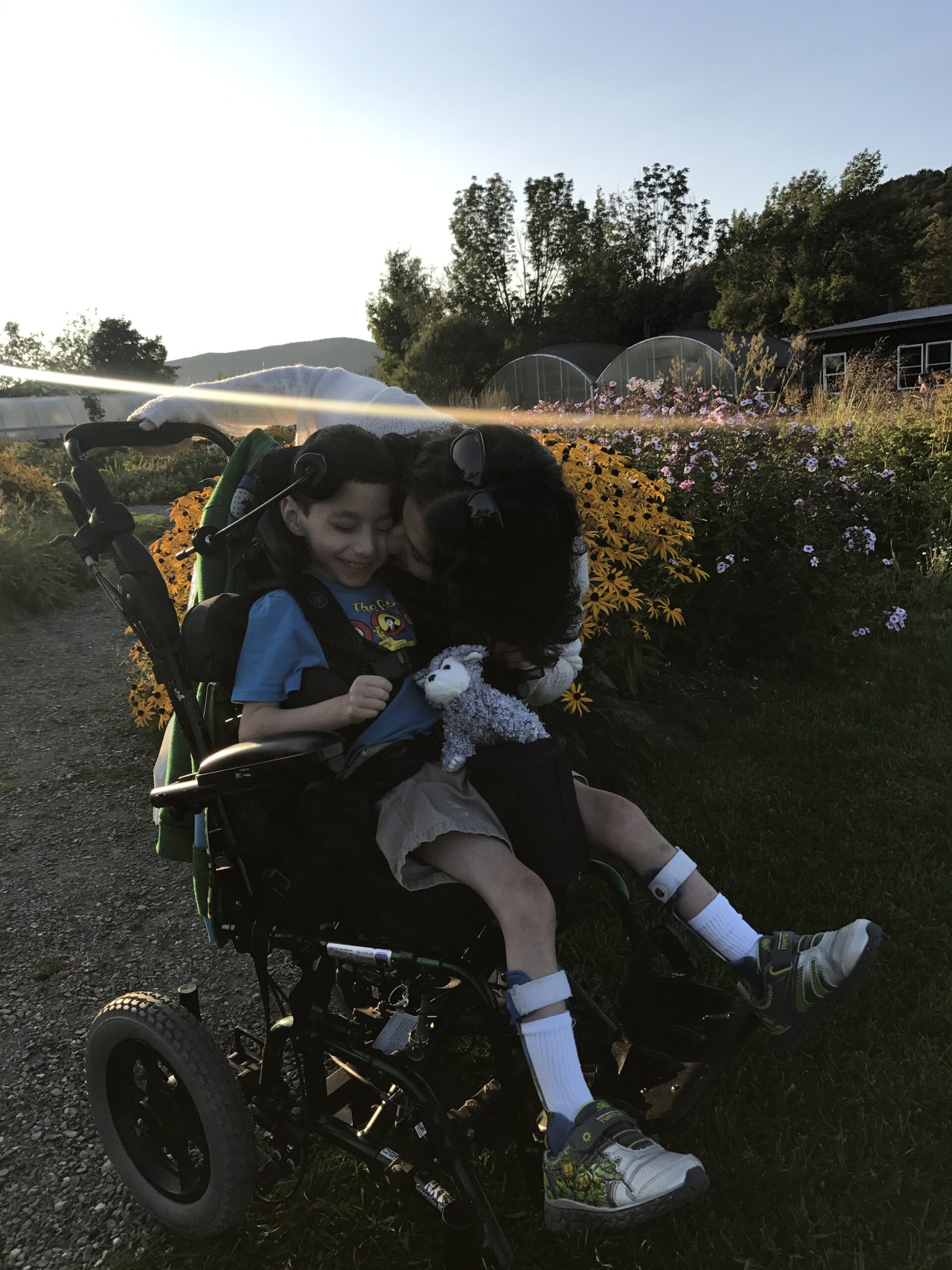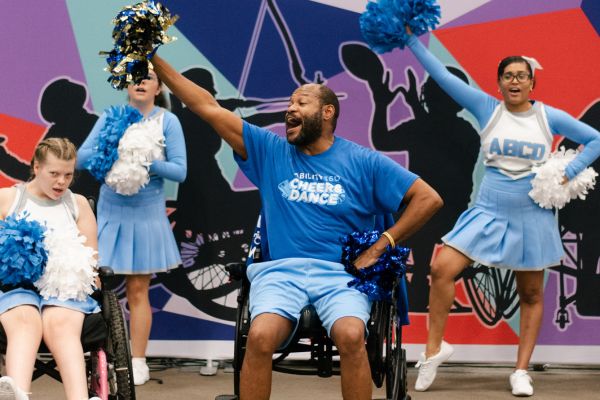I don’t know about you, but I have a problem asking for help. This just became a realization to me in the past few weeks. In my coaching practice I talk and teach a lot about limiting beliefs and blocks in our life and how to overcome these. You would have thought that since I teach this stuff that I would have known this. Nope!
I am so beyond grateful for my parents raising me as a “normal” child. I hate to use the word “normal,” but feel it’s appropriate for this topic. By pushing me to do things I didn’t think I could do with a disability, and making me do the same types of chores, within reason, as my younger brothers, I grew up to be a very independent and strong woman. I went off to college and have tried not to HAVE to rely on anyone else. Sounds great, right?
Well it has been great, except for the one downside. In all of this positivity, strength and independence, came a fear of being seen as weak. Asking for help has developed into a form of weakness for me. My intuition tells me that I’m not alone.
I know it’s not uncommon for one to have issues asking for help. Everyone wants to be strong and handle things themselves. We often hear about moms becoming overworked and overstressed because they feel they need to be super moms and not ask for help. This is a little bit similar to that, except that we’re talking about people with disabilities. We are already looked at by many, perhaps most, as being weaker than the average person. I think this creates a desire to show the world that yes, we have disabilities, but that’s not going to stop us from living life. And it most definitely shouldn’t stop us. The problem comes when we are so stuck in the mindset of wanting to come off like “everyone else” and not just accepting who we are and our limitations. So how do we shift our mindset and allow others to help us, or start asking for help without feeling less than or like we’re giving in to our disability?

STEP 1: Acknowledge that you are Strong!
No matter what your disability is, you are strong. You are still alive and are capable of way more than you may think you are. Trust me! EVERYONE has their own limitations. Some people are too short to reach high cabinets, some people are too tall to walk through a doorway with ease, some people are deathly allergic to cats and can’t be anywhere near a cat, we all have limitations. Yes, these examples I just named may be miniscule compared to what you or someone else with a disability may struggle with, but who’s to say what is more debilitating or difficult? It’s all relative in how we view the outside world. Just because we have a disability doesn’t mean that our hearts and love and what we are capable of is any weaker than one without a disability. We are all strong!
STEP 2: Journal
A lot can be revealed when we journal. It’s a good idea to start getting into a daily journaling practice. You could even start out journaling a few times a week and work your way up to a daily routine. Journaling has some amazing benefits, such as reduced stress, improved sleep, and enhanced creativity. When we journal, we allow our real truth to come out. I find that when I journal, I am able to release a lot of stress, anxiety and frustration in my life. I no longer have to keep those thoughts that are troubling me inside. I prefer to write in a journal, but you can also type it on your computer, your phone or dictate through voice to text. The idea is to get out what is on your mind. Don’t try to think about what to journal about, just write. I recommend starting with 10 minutes a day.
STEP 3: Begin Asking People for Help.
This is probably the most difficult step, but is the final step in being okay with ourselves in asking for help when needed. Start out with some small things. A couple examples could be help with cleaning up a room so that it can be done quicker, help preparing a meal or even just asking a stranger in a store if they would mind carrying your hot coffee to your table for you. What you may need help with is all dependent on what your actual needs are, but these are some of the things I have asked friends, family and even strangers for help with. The more you do it the easier it’ll become. Of course, the idea isn’t to become lazy, so don’t get so used to the feeling and idea that you start asking for help when it’s not truly needed. Asking for help isn’t so much about making our lives easy, it’s about making our lives just a little tiny bit simpler so that we have more time and energy to do things that better serve us and our bodies.
I hope this was helpful and if you have any questions, please feel free to reach out to me at [email protected].

About the Author:
Lauren Dyer is a wife and mama to two little ones. She was born with spina bifida and has been a wheelchair user for the past 15 years. Lauren is a Health and Wellness Coach for moms and a Spirit Junkie Masterclass student of New York Times “Best Selling Author,” Gabby Bernstein. She has a BS in Healthcare Management, leads guided meditations, is a Young Living Essential Oils and Lifestyle Brand Enthusiast and has her Level 1 Certification in Reiki. Lauren is very passionate about disability rights, and believes she was put here on this planet to help others through her own experiences.





